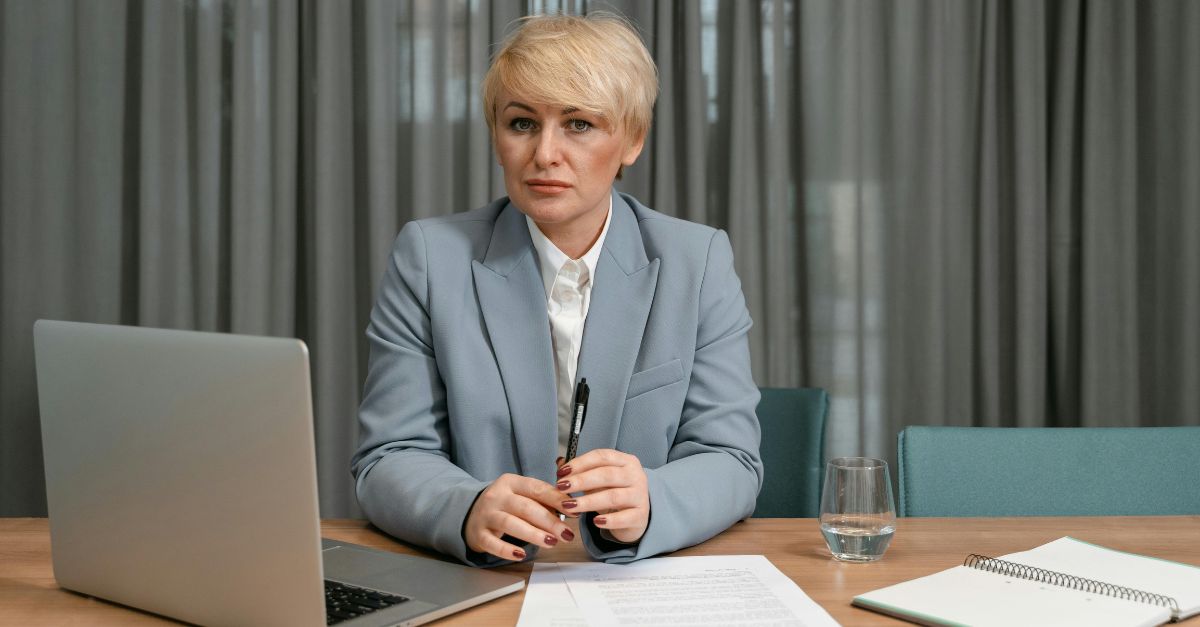Sorting through a deceased loved one’s belongings can be emotional and unpredictable. But few surprises compare to finding $11,000 in cold, hard cash stashed in the freezer. As if the shock wasn’t enough, now your cousin insists the money is hers. It’s a dilemma that’s part legal, part ethical, and fully complicated. So who actually has the right to the money?
Understanding The Basics Of Inheritance Law
When someone passes away, their belongings—including cash—become part of their estate, which is distributed according to their will. If your uncle left a valid will, its contents determine who inherits what. If he didn’t have a will, state intestacy laws govern how assets are divided among surviving relatives. Either way, money found in his possession at death generally belongs to his estate, not to whoever happens to discover it.
Possession Doesn’t Mean Ownership
Even though you physically found the money, that doesn’t automatically make it yours. In legal terms, possession is not nine-tenths of the law when it comes to estates. Your duty—especially if you're helping settle the estate—is to report the find to the estate’s executor or probate court. Keeping the money without disclosure could be viewed as theft or concealment of estate assets.
Did Your Uncle Leave A Will?
The key issue is whether your uncle left a last will and testament. If he did, it may name an executor and specify who should receive his personal property and cash assets. If your cousin is not named as a beneficiary, her claim to the money would need to be supported by other proof. If she is a beneficiary, she may be entitled to part of the money—just not all of it outright.
Was The Cash Gifted Before Death?
Your cousin might argue that your uncle intended the cash for her—perhaps he told her so, or she claims he was storing it for her. However, unless there is clear and compelling evidence of such an arrangement (like a written note, a witness, or corroborating statements), that claim is difficult to enforce legally. Courts generally require documentation or credible testimony to recognize a pre-death gift.
The Role Of The Executor Or Administrator
If an estate is in probate, the person responsible—called the executor (if named in a will) or administrator (if appointed by the court)—must collect and distribute all the decedent’s assets. That includes cash hidden in a freezer. They are also responsible for settling any debts and taxes before distributing inheritances. You should notify this person immediately and turn over the money for proper accounting.
Could The Cash Be Considered Abandoned?
In some rare cases, if the money was stashed long ago and there’s no evidence it was intentionally kept by your uncle, a question of abandonment might arise. But in the context of probate, courts almost always presume that any property found in the home of the deceased belongs to their estate unless proven otherwise.
Your Legal Responsibility
If you withhold the money or fail to report it, you could face serious legal consequences, especially if others in the family or the court become aware of it later. It’s always best to err on the side of transparency. Let the estate’s legal process play out. If you’re entitled to a share, you’ll receive it. If not, trying to claim it outside that process could jeopardize your standing.
What Your Cousin Needs To Prove
If your cousin insists the money is hers, the burden of proof is on her. She must show, through credible evidence, that your uncle was merely safeguarding her funds, or that he made a specific, documented promise to give it to her. Claims based on vague conversations or family rumors are rarely sufficient in probate court.
Mediation May Help Resolve Disputes
Family disputes over inheritance can get ugly fast. If tensions escalate, consider mediation, where a neutral third party helps everyone reach an agreement without going to court. This route can preserve relationships and resolve disagreements more efficiently than a legal battle, especially if the estate is modest and the legal fees could eat into any inheritance.
Final Thoughts On Found Inheritance
Discovering hidden cash after a loved one’s death is unusual but not unheard of. While it might feel like a stroke of luck—or an invitation to conflict—the law treats it as part of the estate. The best course is to report the money, respect the probate process, and allow any claims (including your cousin’s) to be vetted properly. That way, you avoid legal pitfalls and honor your uncle’s legacy the right way.
You May Also Like:
How Do I Protect My Child's Inheritance From Their Greedy Spouse?
Lending Money To Relatives: A Potential Financial Sinkhole
A Guide To Protecting Your Elderly Loved Ones From Financial Abuse










